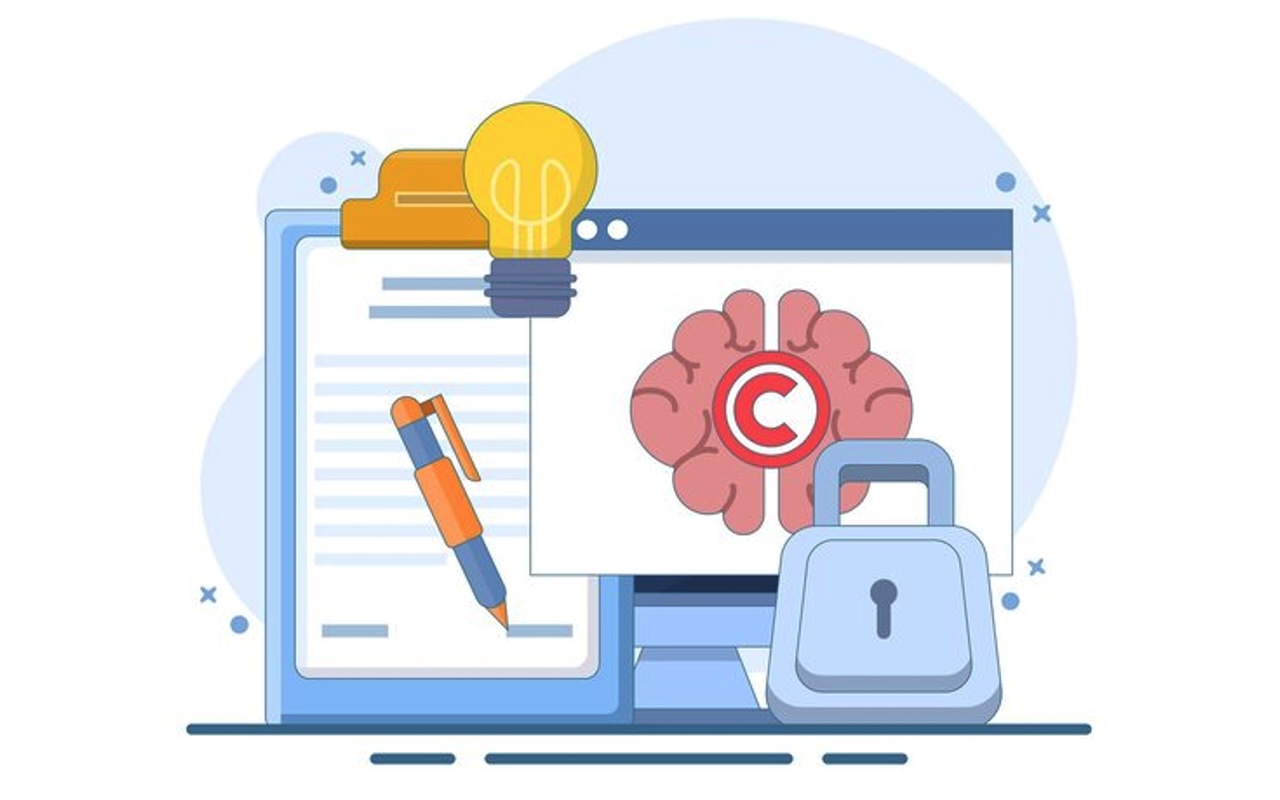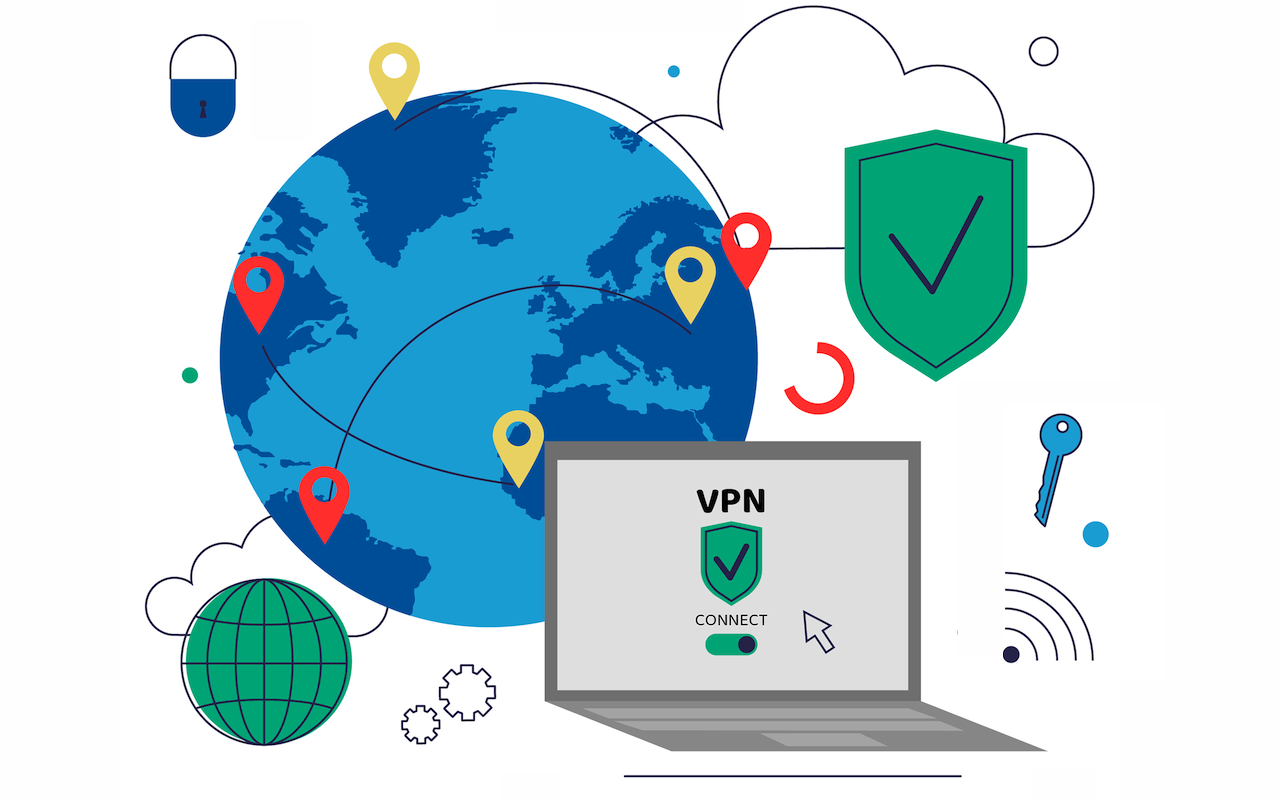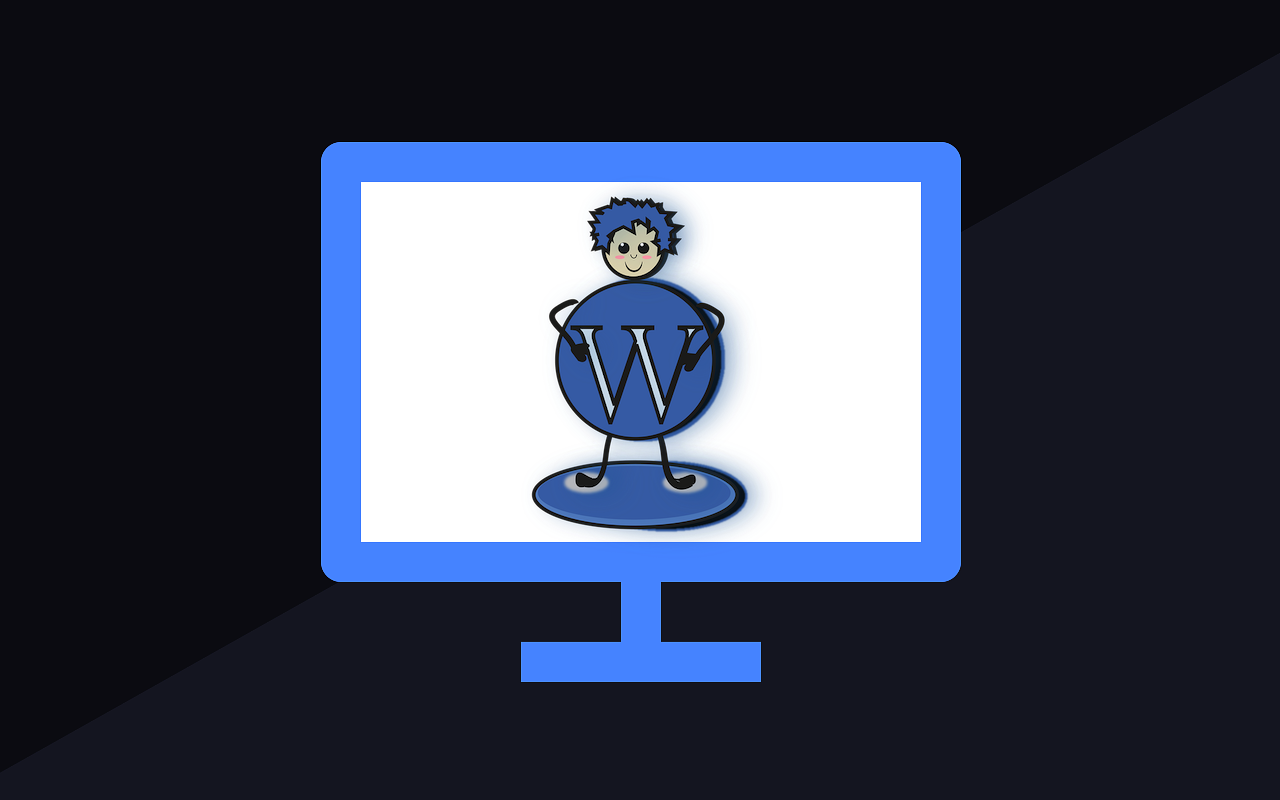May 28
2025
Do You Need a VPN for Crypto?

Cryptocurrency is one of the biggest tech trends of today. Not only have digital currencies already attracted millions of users, but they continue to do the same every day. People interested in crypto are already familiar with the security measures built into blockchain technology. However, you can never do too much when it comes to staying safe online. That’s why many of them are exploring the idea of using a virtual private network (VPN) and changing their IP address for some extra protection.









